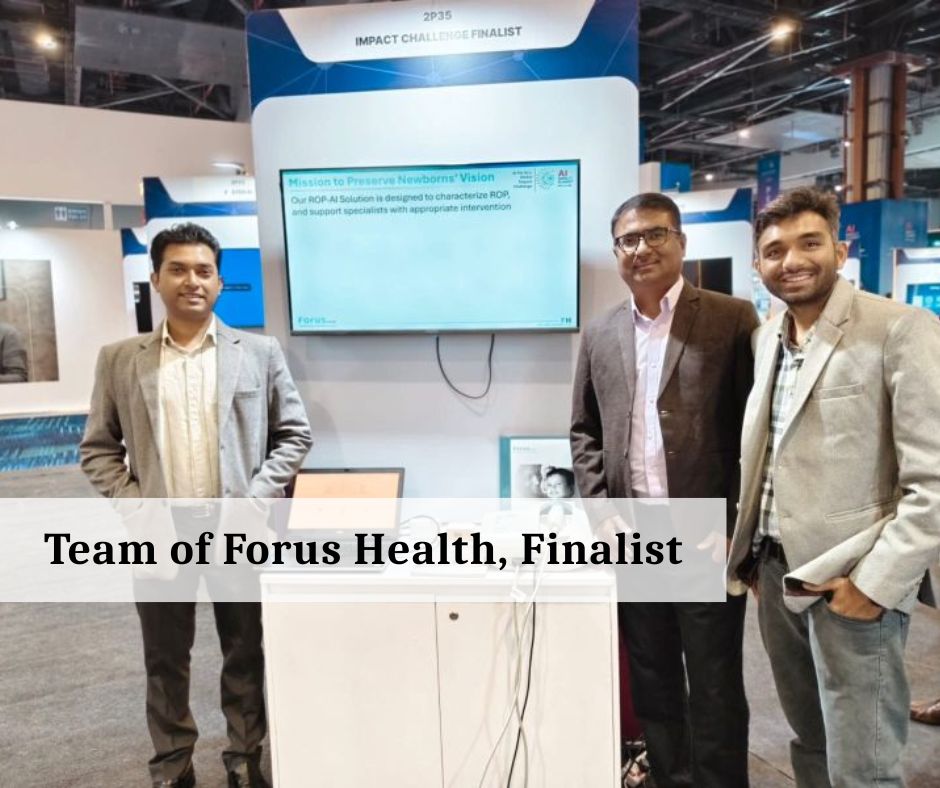Three New Peer Reviewed Papers Expand Myopia Management Evidence for SightGlass Vision Diffusion Optics Technology™
_(1).jpg)
Three newly published peer reviewed papers are further expanding the extensive scientific evidence base of SightGlass Vision’s Diffusion Optics Technology™ (DOT 0.2) use for myopia management with children.
“Independently, these Open Access papers each deepen knowledge of our innovative technology among the global ophthalmology and optometry communities. Collectively, they are providing eye care professionals with even more confidence in our approach and the impact that DOT lenses can have on children’s lives today and in the future,” said Marcella McParland, BSc, MCOptom, FAAO, FIACLE, FBCLA, vice president of Clinical, Medical & Professional Affairs for SightGlass Vision.
“Control of Myopia Using Diffusion Optics Spectacle Lenses: 4-Year Results of a Multicentre Randomised Controlled, Efficacy and Safety Study (CYPRESS)” (Laughton D, et al) appears in BMJ Open Ophthalmology The study demonstrates that DOT 0.2 spectacle lenses are safe and effective at reducing myopia progression, significantly slowing eye growth, with additional benefit evident in the fourth year of wear.
In addition to supporting the hypothesis that a slight lowering of retinal contrast can slow the progression of myopia, the clinical trial is first multicenter study to demonstrate myopia control in an ethnically diverse population with children as young as age six. This outcome in younger patients is noteworthy, due to their fast physiological and myopic eye growth.
Published in Ophthalmic & Physiological Optics, the journal of The College of Optometrists, “Visual Impact of Diffusion Optic Technology Lenses for Myopia Control” affirms that the SightGlass Vision mechanism provides a clinically equivalent visual experience to standard single vision lenses across key measures. The study at six U.S. sites was led by Professor James S. Wolffsohn, chief scientific officer for the International Myopia Institute and head of the Aston University School of Optometry.
Wolffsohn and his co-authors emphasized that DOT lenses provided a clinically equivalent visual experience to standard single vision lenses and did not compromise reading speed, critical print size, and near visual acuity; maintained normal head posture and contrast sensitivities; and demonstrated excellent high- and low-contrast visual acuities and stereopsis.
Written by noted vision scientists and researchers Drs. Jay Neitz and Maureen Neitz, “Diffusion Optics Technology (DOT): A Myopia Control Spectacle Lens Based on Contrast Theory” presents an in-depth review of the science behind DOT’s innovative methodology. Appearing in Translational Vision Science & Technology, the paper explores the fundamentals of contrast theory, how it compares to blur and defocus approaches, and the resulting implications for the design of optical interventions.
.png) |
SightGlass Vision’s patent-protected technology has made its commercial debut in several markets, including China, the Netherlands, Israel, and Canada, as well as through preliminary market trials in other countries. The company operates as a joint venture of CooperCompanies and EssilorLuxottica. For more information, visit SightGlassVision.com.
1. Laughton D, et al. Control of myopia using diffusion optics spectacle lenses: 4-year results of a multicentre randomised controlled, efficacy and safety study (CYPRESS). BMJ Open Ophthalmology 2024;9:e001790.
2. Wolffsohn JS, Hill JS, Hunt C, Young G. Visual impact of diffusion optic technology lenses for myopia control. Ophthalmic Physiol Opt. 2024; 44: 1398–1406.
3. Neitz J, Neitz M. Diffusion Optics Technology (DOT): A Myopia Control Spectacle Lens Based on Contrast Theory. Trans. Vis. Sci. Tech. 2024;13(10):42.
 |
 |

.jpg)
.jpg)
.jpg)

.jpg)
.jpg)
.jpg)
.jpg)


1.jpg)



.jpg)
.jpg)



_(Instagram_Post).jpg)
.jpg)
_(1080_x_1080_px).jpg)


with_UP_Cabinet_Minister_Sh_Nand_Gopal_Gupta_at_OpticsFair_demonstrating_Refraction.jpg)
with_UP_Cabinet_Minister_Sh_Nand_Gopal_Gupta_at_OpticsFair_demonstrating_Refraction_(1).jpg)

.jpg)








.jpg)



.png)




